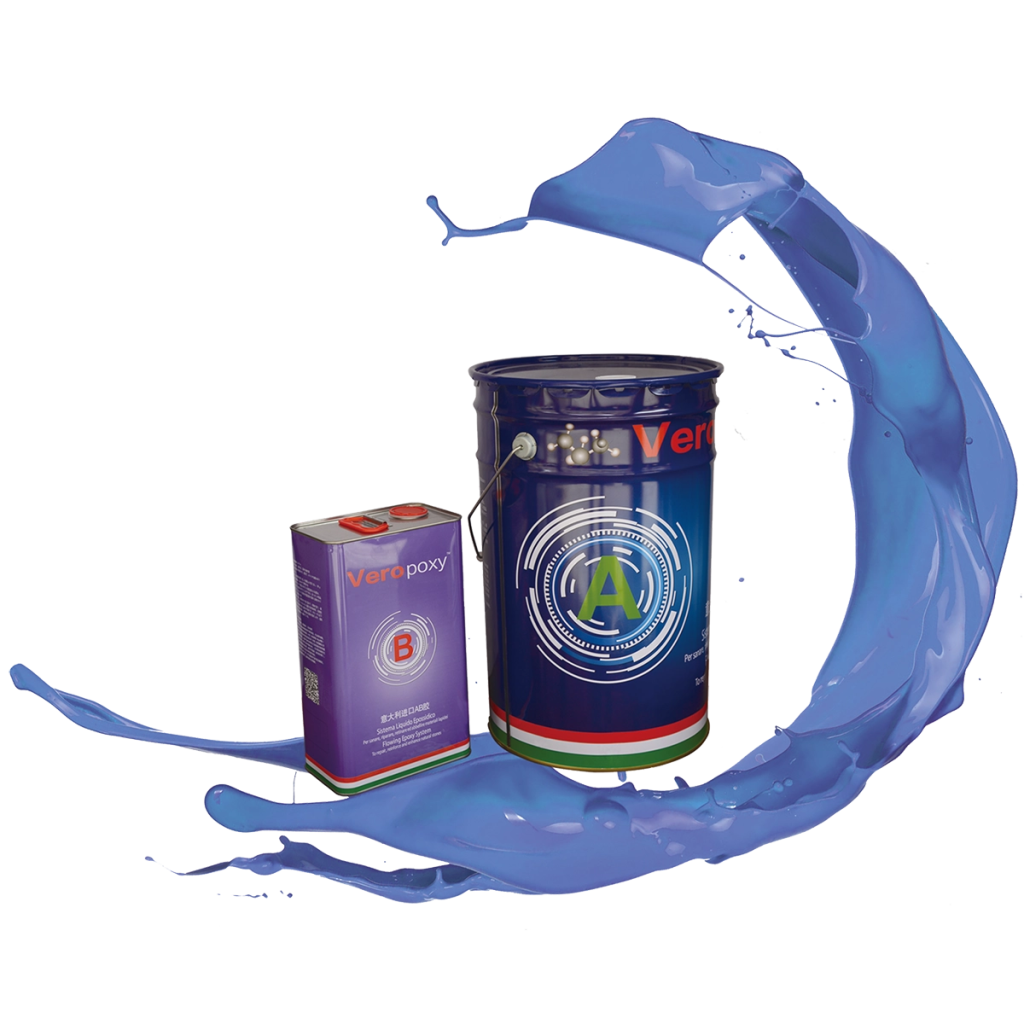Marble, with its luxurious look and timeless appeal, has been adored in architectural designs for centuries. Still, keeping its beauty calls for some extra attention. Among the problems marble owners usually face are dullness, stains, and scratches. Epoxy coating is one suggested fix for marble surfaces to be preserved. But does applying epoxy to marble preserve its elegance and improve durability, or does it expose hazards owners should take into account? Let’s explore the benefits, factors to be taken into account, and possible drawbacks of epoxy application on marble surfaces.

Epoxy Coatings
What Is Epoxy and How Does It Work on Marble?
Epoxy is a tough, resin-based material that, when applied as a coating, can create a strong, glossy, and waterproof surface. Because of its amazing resistance against scratches, chemicals, and impacts, it is frequently used on floors, counters, and even on industrial surfaces. Applied to marble, epoxy creates a barrier against liquids, dust, and other harmful substances that might otherwise seep into the porous surface of the stone. While increasing marble’s durability, this protective layer can help to preserve its natural beauty.
Benefits of Using Epoxy on Marble
Epoxy has several qualities that make it appealing for marble protection:
Durability: Epoxy is highly resistant to wear, making it an excellent choice for high-traffic areas. It protects marble from abrasions, scuffs, and scratches, so maintaining the surface’s freshness and polish.
Stain Resistance: Marble is naturally porous, which means it easily absorbs liquids and can stain. Epoxy forms a waterproof barrier that keeps liquids on the surface, so lowering the possibility of staining from wine, oils, or other common home products.
Low Maintenance: The protective layer of epoxy simplifies maintenance. Easy cleanup of spills leaves no traces, thus cleaning becomes more under control.
Enhanced Aesthetics: Epoxy coatings come in various finishes, including glossy and matte, allowing users to choose the look that best complements their space. The gloss gives the marble more dimension, so improving its look.
Considerations Before Using Epoxy on Marble
Despite the benefits, using epoxy on marble isn’t always a perfect match:
Epoxy is long-lasting but also rather permanent. Once applied, removal can be difficult and expensive without compromising the marble underlay.
Marble aficioners value its natural veining and soft polish. An epoxy coating can change the appearance of the stone somewhat, maybe giving it a plastic-like look some would find less appealing.
Professional Installation Recommended: Getting an even and durable epoxy coating requires dexterity. Unequal layers or trapped air bubbles resulting from do-it-yourself projects compromise the coating’s appearance and performance.
Though epoxy is quite robust, extreme temperatures can occasionally cause it to crack or discolor. Countertops close to stoves or fireplaces, for instance, may gradually show some discoloration.
Application Process of Epoxy on Marble
An epoxy coating on marble must be applied using several steps to guarantee adhesion and durability. The marble surface is first very cleaned to eliminate any dust or oils. The surface is then gently ground to produce a texture that facilitates the epoxy bonding with the stone. After that, the epoxy mixture is laid thin, evenly, letting every layer dry before the next one is applied. This layering technique guarantees a flawless, protective coatings. Usually completed by a professional, the application is done for best results since they have the knowledge to prevent common problems including bubbles and streaks.
Epoxy vs. Other Sealants: How Does It Compare?
Other sealants, like polyurethane or acrylic, are often used on marble for protection but tend to be less durable than epoxy. Polyurethane lacks the scratch resistance that epoxy gives even if it presents a flexible, somewhat breathable layer. Although more reasonably priced, acrylic sealants wear down faster and must be reapplied every few years. On the other hand, epoxy is the gold standard in terms of toughness, thus it is appropriate for surfaces subjected to great usage.

Epoxy Resin
Epoxy coating on marble can be a wonderful way to preserve and protect the stone’s natural beauty while enhancing its functionality. Epoxy is especially helpful in high-traffic areas or homes where spills are regular since it resists stains, scratches, and moisture. The process can be expensive, permanent, and possibly change the original appearance of the marble, thus it has certain trade-offs as well. Epoxy is a good option for those who appreciate low maintenance and durability; but, it might not be the best fit for purists who appreciate the unspoiled, natural beauty of marble. See a professional to help you balance these factors and determine whether epoxy coating fits your objectives for marble care.
Post time: 11 月-12-2024

